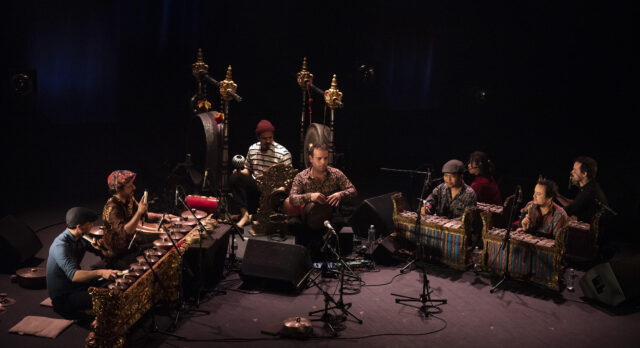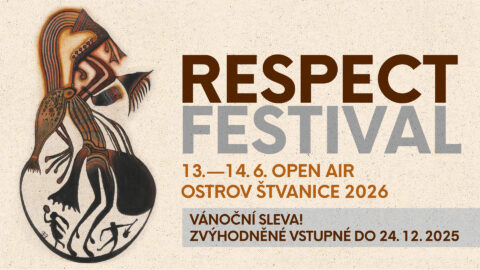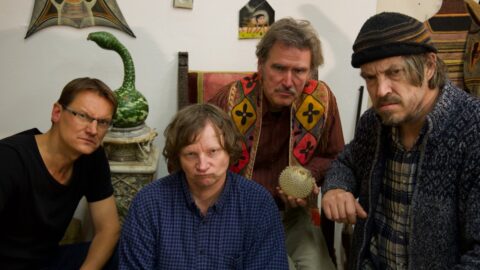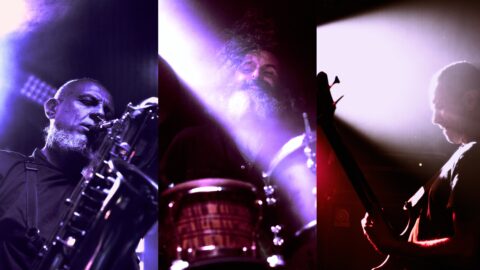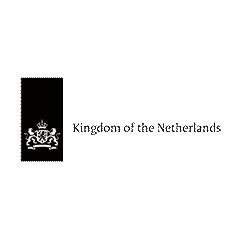Gamelan orchestras have performed for centuries before the Indonesian aristocracy and are therefore a parallel to European classical music. The difference is in the instruments. The unique sound of the gamelan consists of tuned bronze percussion moving in ever-changing melodic loops. The line-up is led by master player Dewa Alit from the island of Bali, who has also composed for Ensemble Modern, known for its interpretations of Frank Zappa. The other pillar of the Polyphème project is French-Lebanese percussionist Wassim Halal, drawing on the rhythms of Turkey and the Middle East. The result is a finely structured conundrum of chiming rhythms in which playfulness blends with avant-garde practices.
The Indonesian gamelan first came to Europe at the World Exhibition in Paris in 1889. It made history thanks to the newly built Eiffel Tower, and it made its mark on European music thanks to the bamboo pavilion inside the Dutch exposition. In a faithful replica of the village, with sixty natives brought to Europe for the purpose, the gamelan, the orchestra of the Indonesian noble palaces, played. Its music is easy to listen to, but you soon discover that it is based on an entirely different logic from that of Europe. Twenty-seven-year-old Claude Debussy attended the concerts. His encounters with music that defied European rules marked his life; we can hear the gentle rhythmic undulations, for example, in his composition La Mer. Eighty years later, the cyclical rhythms of the gamelan became the inspiration for Philip Glass and other minimalist composers. Today, gamelan is taught in many music schools in the West, and in Prague, the Embassy of Indonesia has offered gamelan lessons since 2003.
The ensemble is named Puspawarna after the composition of an Indonesian prince from the island of Java who ruled from 1853 to 1881. A recording of this composition, along with other artifacts of human civilization, was incidentally sent into space by the Voyager 1 spacecraft. The leader of the group, Dewa Alit, comes from a musical family, having learned from his father and older brother. His aim is to combine the gamelan tradition with the “new music” of the West. Alit’s compositions are performed at Carnegie Hall, analyzed by world musicologists, and interpreted by ensembles from the US and Europe. He has worked with world-class dancers, including Mina Tanaka, and has toured with New York avant-gardists Bang on a Can.
The Polyphème project was created during a two-week artist residency in collaboration between Dewa Alit, his eight-piece gamelan and a French-Lebanese master player on darbouka and other percussion instruments. The latter has played in a number of projects teetering on the edge of distinctly different genres, and it’s the differences of the strands that add tension to his music. In Prague, we could judge this from his Revolutionary Birds project, which he performed with at the Respect festival in 2021. His partners at the time were Breton bagpiper Erwan Keravec and Tunisian Sufi singer Mounir Troudi.


